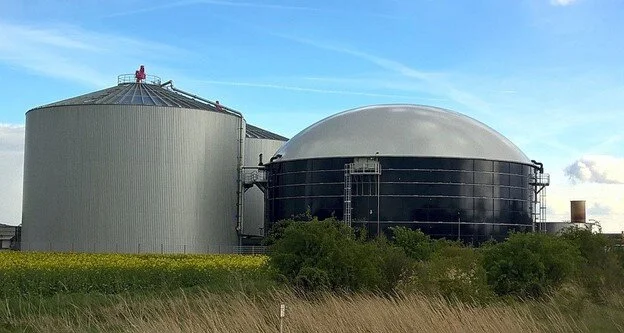Biogas could cut global emissions 10 per cent by 2030
Source: · CANADIAN BIOGAS ASSOCIATION · | April 09, 2021
Source: Pixabay
Biogas could be the difference between meeting the world’s 2030 climate targets and missing them. That’s according to a new report from the World Biogas Association, which says biogas could cut climate pollution by a staggering 10 per cent globally by 2030.
With the majority of countries not on track to meet the reduction targets set out in the Paris Agreement, the WBA report provides a timely roadmap for using biogas to get back on track.
The trick to meeting the world’s 2030 climate targets, according to the WBA, is to tap into the global stockpile of organic waste. With about 98% of the world’s organic waste currently untreated, that leaves an estimated 102.9 billion tonnes of food waste, sewage, livestock manure and crop residues in untapped biogas potential every year.
Every one tonne of organic waste is one tonne of clean biogas potential.
But instead of being captured and transformed into clean biogas energy, this organic waste is instead dumping massive amounts of methane directly into the atmosphere, where it accelerates climate change.
How much organic waste globally? How much biogas potential?
69 billion tonnes of sewage – enough clean biogas electricity for 33 million people
33 billion tonnes of livestock waste – enough biogas energy to satisfy the natural gas demand of both India and China
2 billion tonnes of crop residues – enough biogas electricity to satisfy 6% of global electricity demand
1.3 billion tonnes of food waste – enough biogas energy to satisfy Germany’s natural gas demand
As far as Canada goes, we are tapping only a fraction of our biogas potential. According to work done by the CBA and others, there is at least 8 times more biogas energy that we could harness efficiently, especially from Canadian agricultural waste and municipal waste.
So how can Canada and the world tap the biogas opportunity in time for 2030?
The WBA report provides an overarching policy timeline. Here are the three key pieces of it, and how Canada is doing:
Governments to formally commit to biogas in their NDCs (Nationally Determined Contributions) under the Paris Agreement, backed by direct short-term financial support.

